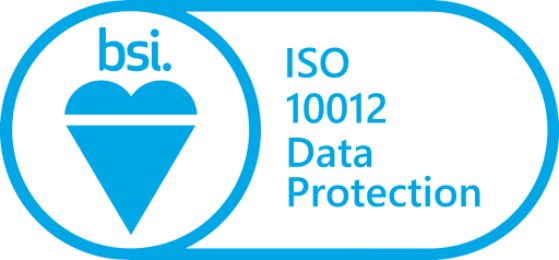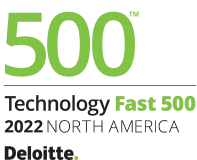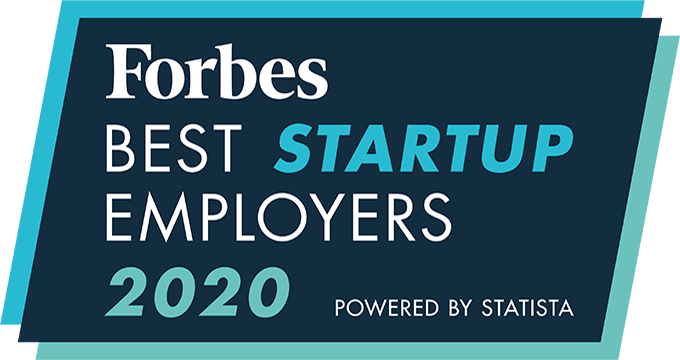Businesses are constantly seeking ways to attract top talent, and also—given the way jobseekers currently express a great deal of frustration with the process of applying and interviewing for jobs—ways to provide a positive experience for and retain that top talent. If applicants don’t receive timely communication, many end up feeling that they are not valued or respected, and when that happens, they find another opportunity, another company. One of the most effective ways to avoid losing those people and opportunities is to utilize candidate relationship management tools in your recruiting and hiring workflow.
Why You Need Candidate Relationship Management Tools
From streamlining communication to improving connection, CRM plays a pivotal role in building and nurturing relationships with potential hires. Here are just a few reasons you should leverage this key technology in your daily processes:
- Centralized Communications: CRM software serves as a centralized and accessible repository for applicant information, including resumes, contact details, and communication history. This organized database enables recruiters to efficiently manage and track candidate interactions, so no potential hire falls through the cracks or feels neglected.
- More Effective Communication: Recruiters can use features to automate communication processes such as email campaigns and personalized messaging. Timely responses and personalized interactions enhance the engagement experience, fostering positive relationships even with those who may not be an immediate fit for a role
- Data-Based Decisions: This technology provides valuable insights into recruitment metrics such as applicant sources, conversion rates, and time-to-fill. By analyzing this data, recruiters can identify trends, optimize their hiring process, and make informed decisions to attract and engage top talent effectively.
How CRM Tools Work
A CRM system helps you streamline your recruitment process, build lasting relationships, and ensure a smooth transition from application to onboarding. These tools enable you to collect and organize candidate data, track their interactions with your company, and personalize your communication to cater to their needs and preferences.
Track Candidates
Candidate relationship management tools track talent throughout the entire recruitment lifecycle, from initial contact to onboarding. Recruiters can assign statuses such as “new lead,” “active candidate,” or “hired,” to prioritize and manage talent accordingly. By maintaining consistent communication and engagement with potential hires, you can ensure a seamless transition from application to onboarding
Automate Workflows
CRM tools streamline repetitive tasks through automated workflows. For example, recruiters can set up automated responses to acknowledge receipt of applications or schedule follow-up interviews, saving time and ensuring consistency in communication. This way, you never leave someone in the dark about their progress, which will lead to a much better experience for everyone involved.
Leverage Integrations
Many CRMs integrate seamlessly with other recruitment tools such as applicant tracking systems (ATS) and job boards. This integration allows for a more streamlined recruitment process, with data flowing seamlessly between different platforms.
The Benefits of Better Engagement
First and foremost, engagement tools save you time and effort by automating repetitive tasks like sending follow-up emails and scheduling interviews. This means you can focus your energy on building more meaningful connections with people rather than getting bogged down in administrative work.
Relationship management tools also help you stay more organized. With all information stored in one centralized platform, you can easily track their progress through the recruitment process, collaborate with your team members, and make data-driven decisions to improve your hiring strategies. These things result in additional organizational benefits, such as:
1. Enhanced Candidate Experience: By maintaining consistent communication and providing personalized interactions, CRMs enhance the overall candidate experience. Even those who aren’t selected for a role are left with a positive impression of the company, potentially becoming advocates or future applicants.
2. Increased Efficiency: This software automates manual tasks, freeing up recruiters’ time to focus on high-value activities such as engagement and relationship-building. With streamlined processes, recruiters can handle larger volumes of applicants without sacrificing quality.
3. Improved Hiring Quality: By leveraging data insights and analytics, recruiters can identify areas for improvement in their recruitment process. This data-driven approach leads to better hiring decisions, resulting in a higher quality of hires and reduced turnover rates.
Nurture Relationships for Success
Candidate relationship management tools are indispensable assets for recruiters and businesses looking to attract, engage, and retain top talent. By centralizing candidate data, automating workflows, and providing valuable insights, these tools empower recruiters to build meaningful connections with jobseekers and drive success in their recruitment efforts. And while these tools are a great asset to your workflow, they ensure you cultivate the best experience for your business’s ultimate asset: people. Embrace the power of CRM tools to take your communications and candidate relationships to the next level.









